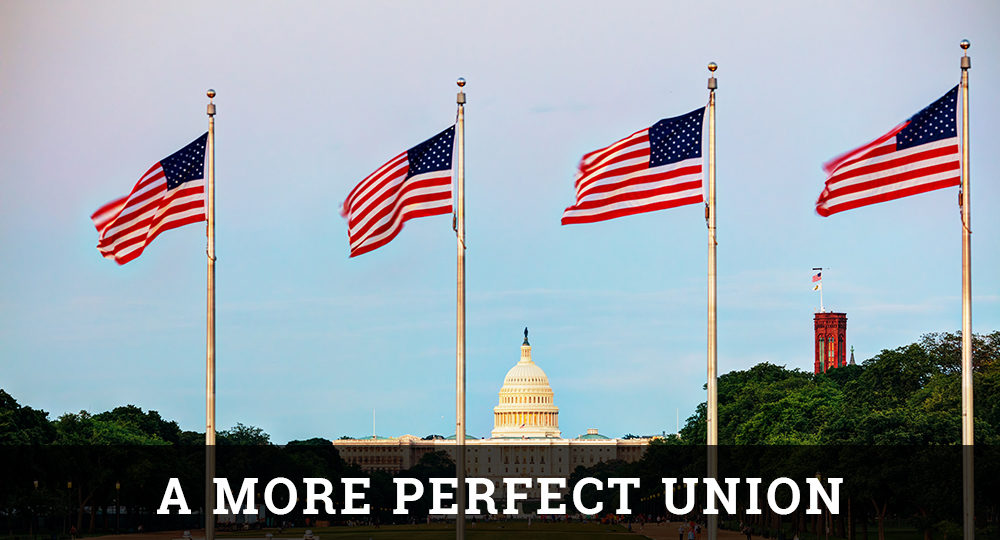7 Things I Learned About Dealing with Officials
I was fully prepared to breeze over a July 14 article in theguardian.com headlined “Ghostbusters in line for China ban due to supernatural theme.” But I read it, and I’m glad I did. It recounts how the Chinese government is prepared to ban the latest Ghostbusters film because of what it calls the promotion of “cults and superstitions.”
The film’s suppression in China, contrasted with the fanfare of its unfettered release in the United States, is a good jumping-off point to discuss an important subject: how today’s church in America should prepare to engage in a host of liberty-related issues.
I am no fan of Ghostbusters. But I am a fan of freedom. China’s government, of course, is repressive, guided by a Communist mentality of secular thought and idea control—an example of totalitarianism. In the United States, we have been blessed with the fundamental freedoms of religion, speech, and ideas. But there is no guarantee that—in the absence of vibrant citizen engagement, particularly from the Christian church—America could not continue to slide toward a government that seeks control over our thoughts, ideas, and beliefs.
For nearly three decades, I have worked in and around Washington on legal and policy issues, interacting with all three branches of federal government. And I’ve learned a few things (sometimes the hard way!). After representing the interests of many Christian-based organizations and working alongside dozens of others, I have some ideas about the role Jesus’ followers can play in shaping the government’s values and direction. Most of them go to strategy, rather than substance. But if you don’t know the combination of the lock, it matters little where the gold is stored.
So here are seven things I’ve learned that may help open some locks. I think they are applicable when dealing with any official, whether a local zoning officer or a U.S. senator:
- Be sensitive to the setting for a meeting with leaders, honoring the positions they hold while keeping your eye on your mission. Note the way the apostle Paul, a “newbie” in the eyes of the Jerusalem church, handled his meeting with church leadership, making sure his strategy advanced his goal and didn’t hinder it (Gal. 2:2).
- Do your homework. A “calling” to work for faith-and-freedom related causes doesn’t excuse sloppy, naïve thinking.
- Pray constantly. Jesus, the Author and Finisher of our faith, provides a perfect example of prayer-saturated strategy.
- Discern between the “majors” and “minors,” and don’t major on the minors. Stick to the main agenda. If a house is on fire, the point at that moment is to save the inhabitants, not preach about fire prevention.
- When looking to Scripture as a foundation for personal, substantive positions on issues, I remember the advice of the late Tim LaHaye, a great Bible teacher and a man I was honored to have as a friend and coauthor. He told me we can’t claim great clarity on an issue if God has not made it clear in His Word.
- However, where Scripture speaks clearly, be prepared to make your point and to disagree graciously with people who profess to be believers but who take a disingenuous or compromising approach on moral or social issues. Though unity is always the goal when possible, courage and faithfulness will be much needed by the church in the years to come.
- And here is my seventh lesson: Effective engagement in our disintegrating culture needs a relevant, inspired command. The apostle Paul left us one. It is a favorite of mine, as it seems perfectly suited to our times. I have found it to be a powerful encapsulation of effective engagement, especially with its emphasis on action, not passivity. I hope it inspires you as well: “Watch, stand fast in the faith, be brave, be strong. Let all that you do be done with love” (1 Cor. 16:13–14).








